Before surgery, the patient will be advised to alter his or her diet to prepare the body for the operation and to speed up recovery.
Purpose of Clear Liquid Diet Before Surgery
A patient must be on a clear liquid diet before certain medical tests, such as colonoscopy or sigmoidoscopy, and before some surgical procedures. Even though an empty stomach is generally the best option for surgery, fasting is usually not recommended. Thereby, a clear liquid diet presents a good compromise.
A clear liquid diet is commonly recommended for surgical procedures that include mouth and gastrointestinal tract. It is important to have a clear intestinal tract if you have to undergo a colonoscopy. Jaw surgery also requires a clear liquid diet. Before bariatric surgery, a clear liquid diet helps patients to lose some weight.

Clear liquid diet provides needed nutrients and keeps the patient hydrated. It can help the body to remove waste products from the system as well as to reduce fat. Additionally, such a diet doesn’t leave residues in the intestines and can be easily digested.
- Two of the protocol’s predictors include shortened preoperative fasting duration and carbohydrate loading. Accordingly, individuals are told that they can consume solid foods up to 6 hours prior to surgery, clear liquid-based food up to 2 hours prior to surgery, 800 mL carbohydrate-rich drink at any time until midnight before surgery, and 400 mL carbohydrate-rich drink 2–3 hours before surgery.
- This randomized controlled clinical trial enrolled 82 patients, who were scheduled to undergo arthroscopic surgery, and divided them into two groups: (1) those who consumed a carbohydrate-rich drink, and (2) those not consuming anything after midnight. Pre- and postoperative fasting-thirst (visual analog scale) and blood glucose levels were measured. Likewise, the Brief Fatigue Inventory was applied to patients 24 hours after surgery.
- The mean blood glucose levels in the first postoperative hour were 90.90 ± 13.56 mg.dL-1 and 107.00 ± 15.84 mg.dL-1 in the intervention group and control group, respectively (p 0.05) and the mean fatigue levels in the 24th postoperative hour were 4.80 ± 2.13 and 5.48 ± 1.46, respectively (p > 0.05).
Some people decide on this diet when they try to reduce their body weight. This can lead to rapid weight loss, but the body will lack proteins, carbohydrates, and vitamins and will not be able to provide an adequate level of energy.
Clear liquid diet should be used only temporarily and under medical supervision. Such a diet is recommended to bariatric patients for reducing body fats and preparing for quicker recovery after the surgery. In bariatric surgery, this diet is required to shrink the patient’s liver because the procedure must be postponed if the liver is too large.
Classification
Clear liquids diet before surgery can be divided according to remaining time before the surgery:
1) A week before the surgical procedure, a patient must stop taking dietary supplements that he or she may have taken. This particularly applies to iron and calcium supplements.
2) A day before surgery, a patient must be on a low-fiber and low-residue diet.
3) On the day of surgery, a patient is allowed to take a diet 2 hours before the surgical procedure.
Clear Liquid Diet Suggestions
Clear liquid diet includes liquids which you can see through. That means that fruit juices should be clear and without pulp. An excellent choice is clear apple or clear cranberry juice.
A patient may drink coffee or tea, but caffeine can affect you when you drink it on an empty stomach. Soups can be taken but only clear soups without much salt. You should avoid citrus and pulpy juices as well as milk and milk products. Alcohol is forbidden.


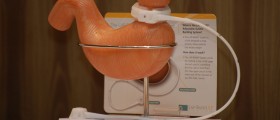
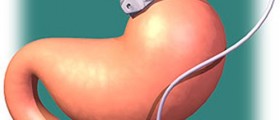
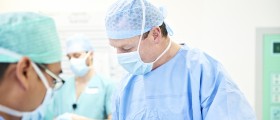
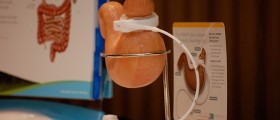
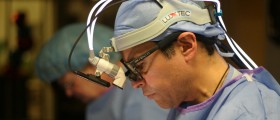
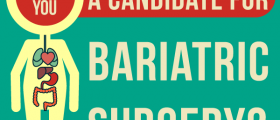
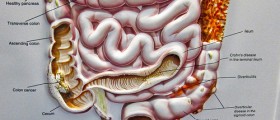

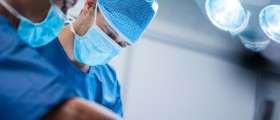
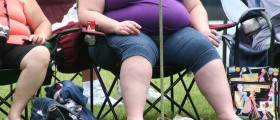
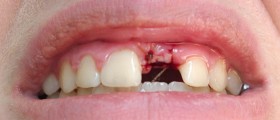

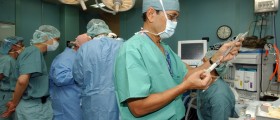
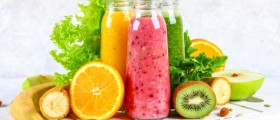
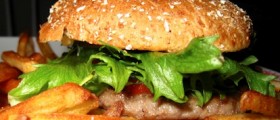
Your thoughts on this
Loading...